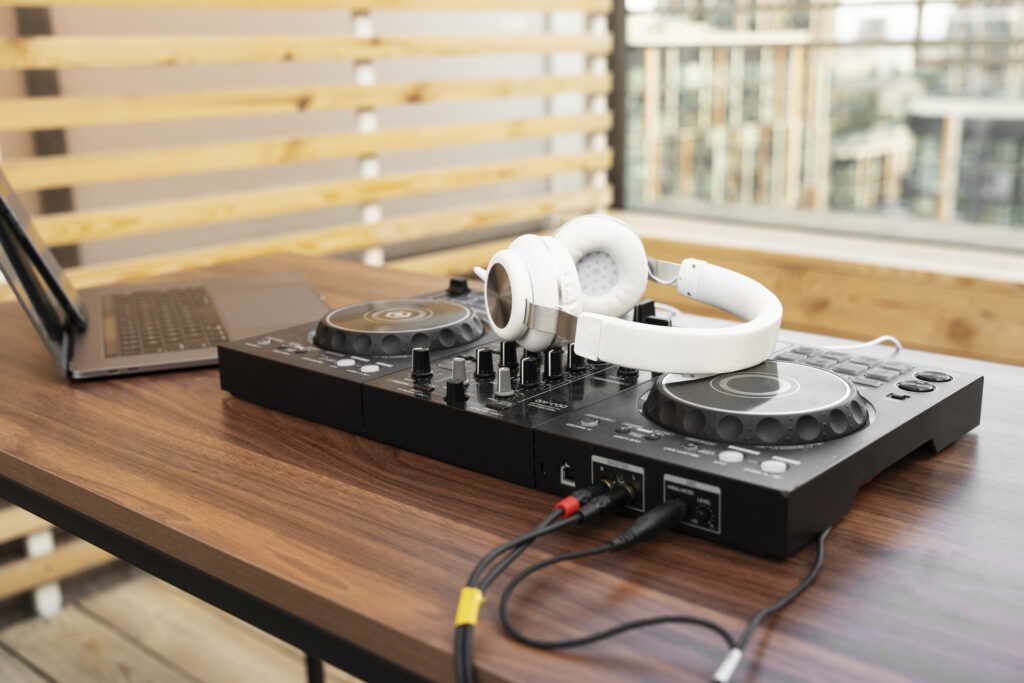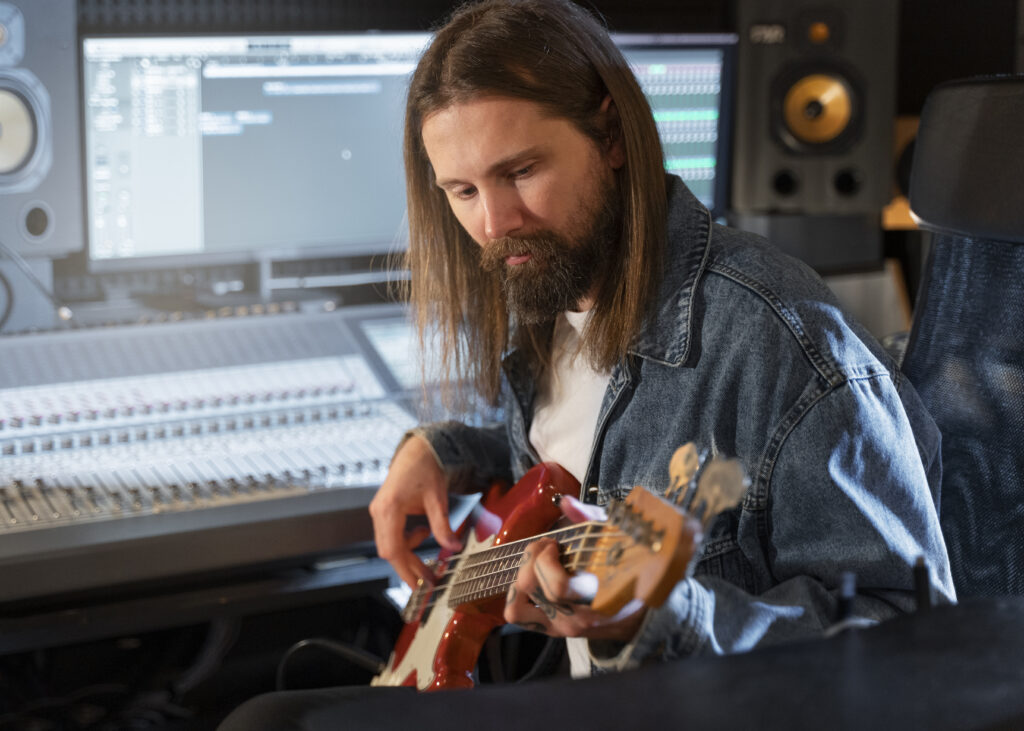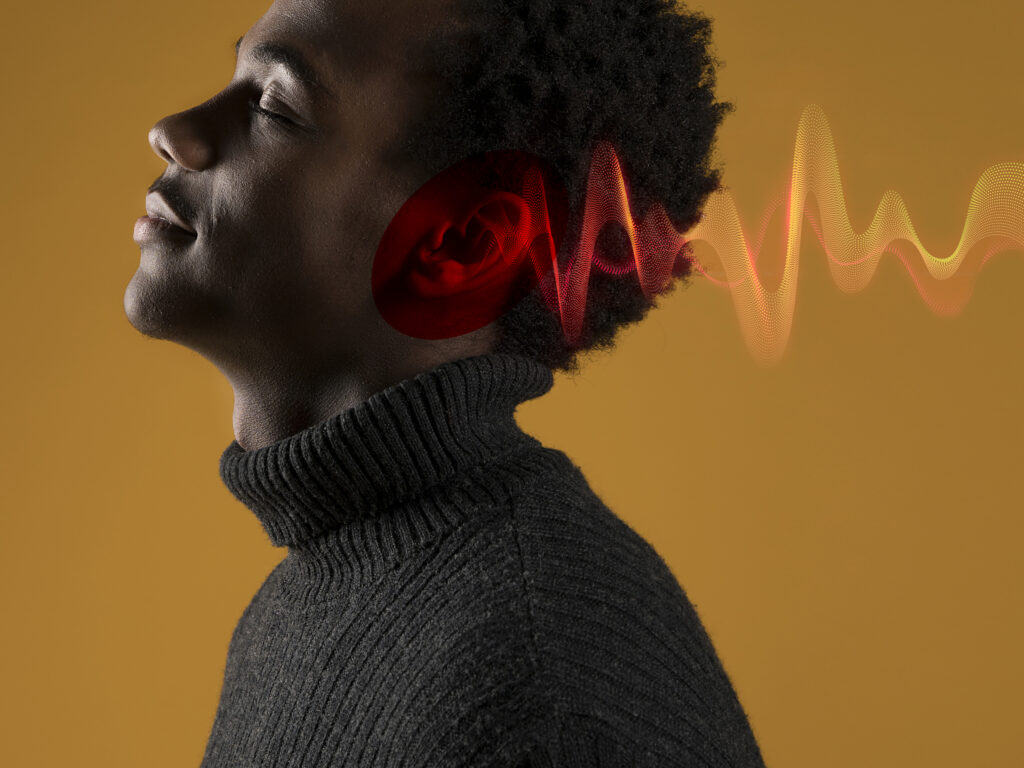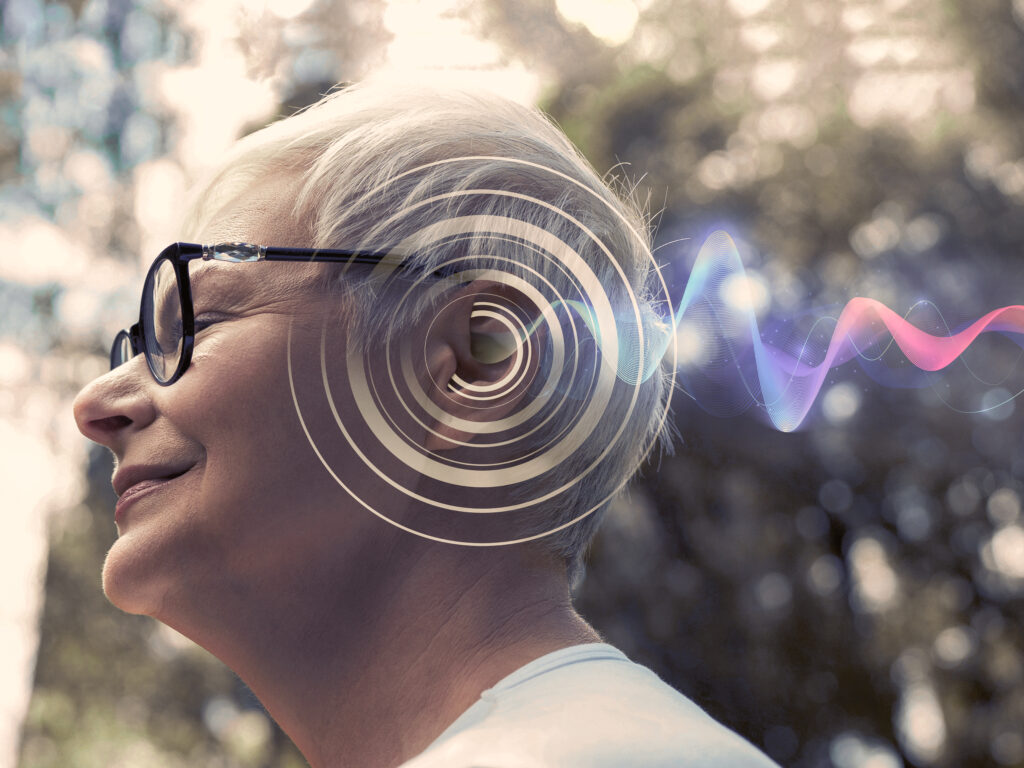AI-Transformed Music Composition: A Triple Review
In the rapidly evolving landscape of music composition, Artificial Intelligence (AI) has emerged as a critical player, potentially revolutionizing the way melodies, harmonies, and rhythms are created. Transforming Music Composition With Artificial Intelligence: a Triple Review’ provides a measured analysis of this technological frontier, examining the intricate dance between algorithmic innovation and human artistry.
While platforms such as Amper Music and deep learning models like VAEs and GANs suggest a future in which AI could autonomously craft complex compositions, the symbiotic relationship between musician and machine remains the core focus. The review navigates through the nuanced symphony of AI-driven tools, their collaborative potential, and the repercussions they are already causing within the music industry.
Yet, as we consider the harmonious possibilities and discordant ethical questions presented by AI in music, one must wonder: will the role of the traditional composer be redefined, and to what extent will this technology shape the soundtrack of our future?
Key Takeaways
- AI-driven composition tools leverage deep learning networks to enhance the creative process.
- AI democratizes music-making and enables more individuals to further their artistic abilities.
- AI challenges traditional video composing approaches and offers new possibilities for enhancing the audiovisual experience.
- Integrating AI in music composition brings opportunities and challenges, shaping the future of music composition and production.
AI-Driven Composition Tools

The advent of AI-driven composition tools has revolutionized the music industry by leveraging deep learning networks to facilitate and enhance the creative process for composers and enthusiasts alike. These sophisticated software systems, integrated into platforms like Logic, utilize algorithmic music composition models to parse vast datasets, absorbing and generating patterns reflective of human musicality.
Implementing artificial intelligence in music composition transcends the traditional barriers of music theory, enabling a more intuitive and inclusive approach to music creation.
Deep Learning models, particularly Recurrent Neural Networks (RNNs), are at the forefront of this innovation, offering capabilities that extend to multi-track music generation. These networks excel in recognizing temporal sequences, making them adept at predicting and producing coherent melodies, harmonies, and rhythms.
As a result, AI music-making platforms like Amper Music have emerged, providing tools that require no prior coding skills or music theory knowledge, thereby democratizing the art of composition.
Moreover, breakthroughs such as AI Singer epitomize the transformative potential of AI in music creation—capable of converting text into full-fledged vocal melodies; this technology bridges the gap between lyrical conception and auditory realization.
Therefore, AI-driven composition tools are not merely auxiliary aids but are becoming central figures in the landscape of musical innovation.
The AI-Musician Collaboration

Embracing the synergy between artificial intelligence and human creativity, musicians increasingly turn to AI-driven tools for a collaborative approach to composition that augments their artistic expression. This intersection of technology and art has transformed the music industry, revolutionizing how music is produced and composed.
In analyzing the AI-musician collaboration, several key points emerge:
- AI music generators can produce various musical elements using neural network architectures, from intricate melodies to complex chord progressions.
- Composition with deep learning allows for an iterative process where a human composer can refine AI-generated ideas, blending AI efficiency with human sensibility.
- Platforms like Amper Music demonstrate the user-friendly nature of AI tools, enabling artists to specify genre and mood, which the AI uses as parameters to compose music.
- The role of AI in music production is more about augmentation than automation, assisting artists with tasks such as creating percussion patterns or suggesting lyric ideas rather than seeking to replace the human composer.
The technical prowess of AI in music composition tasks suggests a future where collaboration between human musicians and artificial intelligence becomes a standard component of creative workflows in the music industry. This partnership promises to expand the boundaries of musical possibility, providing artists with new tools to express their unique vision.
Innovations in Sound Generation

Building on the collaborative foundation between AI and musicians, innovations in sound generation push the envelope of what these digital tools can achieve, shaping the future of music composition. The application of AI in music composition has evolved from simple monophonic melodies to complex polyphonic music generation, employing deep learning techniques to create rich, textured sounds that were once the exclusive domain of human musicians. Platforms like Amper Music democratize music generation, offering intuitive interfaces that allow individuals to compose music by selecting genres and moods, bypassing traditional barriers like coding and deep music theory knowledge.
| Innovation | Impact on Music Composition |
|---|---|
| AI-Generated Music | Enables rapid prototyping of new song ideas, expanding the realm of musical creativity. |
| Machine Learning Models | Facilitate polyphonic music generation, enriching the complexity of AI-composed pieces. |
| AI Singer | Transforms text into vocals, revolutionizing how lyrics and melodies are integrated into music. |
This technical symphony of machine learning algorithms and music theory is not about replacing human artistry but enhancing it. AI-driven innovations in sound generation catalyze music composition, providing a springboard for creative exploration and the inception of new musical genres.
Ethical Considerations of AI

As artificial intelligence becomes increasingly integrated into music composition, it brings a range of ethical considerations that must be thoroughly examined. AI technology is not merely a tool for creating new sounds but also pivotal in redefining the boundaries of music-based creativity. However, with such advancements come significant ethical implications.
Here are four critical ethical considerations of AI in music composition or generation:
- Authorship and Ownership: Determining the rightful owner of AI-generated music is complex. Models for music generation need clear guidelines on copyright and intellectual property rights, mainly when they produce music that imitates the inputs fed into them.
- Impact on Music Industries: The introduction of AI in creating music genres might disrupt traditional roles, potentially displacing human musicians and composers and raising concerns about job security within the industry.
- Bias and Diversity: AI’s propensity to perpetuate existing biases in its datasets can lead to homogenization in music generation, stifling diversity and reinforcing stereotypes within music genres.
- Quality and Authenticity: The quality of the generated music raises questions about authenticity and the value of the human touch in creative processes. AI-generated compositions might dilute the emotional resonance and connection often associated with human-created music.
Addressing these ethical considerations of AI in music generation needs to be part of the ongoing dialogue between technologists, artists, and policymakers.
Industry Impact and Future Outlook

Despite initial reservations, the music industry is witnessing a transformative integration of artificial intelligence, which promises to redefine the creative landscape while posing challenges to traditional production roles. Machine Learning (ML) and AI tools have matured, embedding themselves into the fabric of music composition. These tools generate new music by learning basic music principles from vast datasets and applying evaluation methods that refine their ability to compose music that resonates with human emotions and aesthetic standards.
Algorithmic Composition, once a niche academic field, is now at the forefront of this transformation. AI platforms not only assist in creating symbolic music—notated and structured music—but are also increasingly capable of generating complex, emotionally nuanced pieces. The Future of Music is poised to be a symbiotic realm where AI extends human creativity, offering musicians a palette of unprecedented breadth.
Yet, the impact on the industry is double-edged. While AI democratizes music-making, enabling more individuals to further their artistic abilities, it also questions the exclusivity of human musicianship. The outlook suggests a continued evolution of AI capabilities in soundtrack composition, particularly within resource-sensitive sectors like video and film, ensuring that the role of AI in music will continue to expand and challenge our understanding of artistry and creativity.
FAQs
How do AI algorithms contribute to the creative process in music composition?
AI algorithms contribute to the creative process by offering tools for melody generation, harmonization, style emulation, and even creating entirely new musical ideas. They inspire composers and assist in exploring different musical possibilities.
What types of AI models are commonly used in music composition?
Commonly used AI models in music composition include recurrent neural networks (RNNs), generative models like GANs (Generative Adversarial Networks), and reinforcement learning algorithms. These models can learn and generate musical patterns.
Can AI compose music in various genres and styles?
Yes, AI can compose music in various genres and styles. Depending on the training data and the design of the AI model, it can adapt to different musical genres and styles and even mimic the styles of specific composers.
How do musicians and composers collaborate with AI in the music creation process?
Musicians and composers can collaborate with AI using AI tools that provide suggestions, generate musical fragments, or even co-compose alongside the human artist. It involves a symbiotic relationship where the AI enhances the creative process.
Are there challenges associated with using AI in music composition?
Challenges may include ensuring that AI-generated compositions are original, addressing biases in training data, and maintaining a balance between AI-generated content and human creativity. Ethical considerations also play a role in AI-assisted music composition.